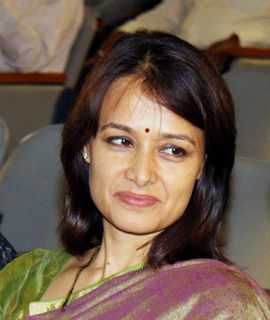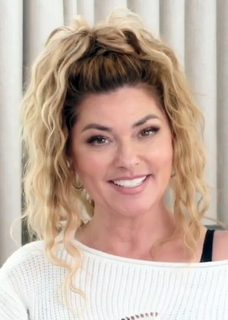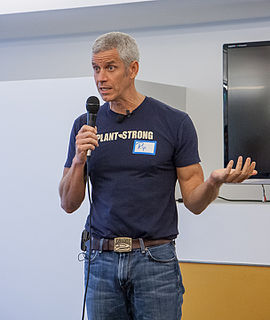A Quote by Amala Akkineni
It takes the farmer 10 kgs of vegetation to feed the animal in order to produce 1 kg of meat. In other words a meat eater consumes 10 people's food!
Related Quotes
Raising crops to feed animals for human consumption requires a lot of land. It takes eight or nine cows a year to feed one average meat eater; each cow eats one acre of green plants, soybeans and corn per year; so it takes eight or nine acres of plants a year to feed one meat eater, compared with only half an acre to feed one vegetarian.
Have you seen Cowspiracy? It takes a lot more land to feed a meat eater than to feed a vegan or a vegetarian. It's something I'd love to get into but it's very hard to persuade people to stop things they've been doing for a long time. So maybe it needs to start with the next generation. Everyone needs to raise their children with a bit more responsibility.
To avoid causing terror to living beings, let the disciple refrain from eating meat... the food of the wise is that which is consumed by the sadhus [holymen]; it does not consist of meat... There may be some foolish people in the future who will say that I permitted meat-eating and that I partook of meat myself, but... meat-eating I have not permitted to anyone, I do not permit, I will not permit meat-eating in any form, in any manner and in any place; it is unconditionally prohibited for all.
The eating of meat was unknown up to the big flood, but since the flood they have put the strings and stinking juices of animal meat into our mouths, just as they threw in front of the grumbling sensual people in the desert. Jesus Christ, who appeared when the time had been fulfilled, has again joined the end with the beginning, so that it is no longer allowed for us to eat animal meat.
It’s not the plant-based foods that will make you ill, it’s the meat and the liquid meat (i.e.: dairy) that can lead to sickness and death. Consider this: If your food had a face or a mother (or comes from something that did), then it also has varying amounts of artery-clogging, plaque-plugging, and cholesterol-hiking animal protein, animal cholesterol, and animal fat. These substances are the building blocks of the chronic diseases that plague Western society.
Whatever I decide will not work. It's what people want that will work. So no one decided whether you become a vegetarian or anything else. What determines that is the availability of food. If we run out of vegetation due to floods or natural disasters, people will consume meat and if we run out of meat they will consume vegetables. I have no control over that. That would be up to people.
Most of the food crops raised in the world today are fed to livestock destined for slaughter for us to eat, and most of the water used is used to raise the food crops that are fed to those animals. It has been estimated that, because of the extraordinary amount of grain it takes to raise food animals, if we reduced the amount of meat we eat by only ten percent, that would free up enough grain to feed all the starving humans in the world. So when we choose to eat meat instead of vegetables, we are choosing to take food away from others who are hungry.
Some meat eaters defend meat eating by pointing out that it is natural: in the wild, animals eat one another. The animals that end up on our breakfast, lunch, and dinner plates, however, aren't those who normally eat other animals. The animals we exploit for food are not the lions and tigers and bears of the world. For the most part, we eat the gentle vegan animals. However, on today's farms, we actually force them to become meat eaters by making them eat feed containing the rendered remains of other animals, which they would never eat in the wild.
If you like eating meat but want to eat ethically, this is the book for you. From the hard-headed, clear-eyed, and sympathetic perspective of butchers who care deeply about the animals whose parts they sell, the customers who buy their meats, and the pleasures of eating, this book has much to teach. It’s an instant classic, making it clear why meat is part of the food revolution. I see it as the new Bible of meat aficionados and worth reading by all food lovers, meat-eating and not.


































